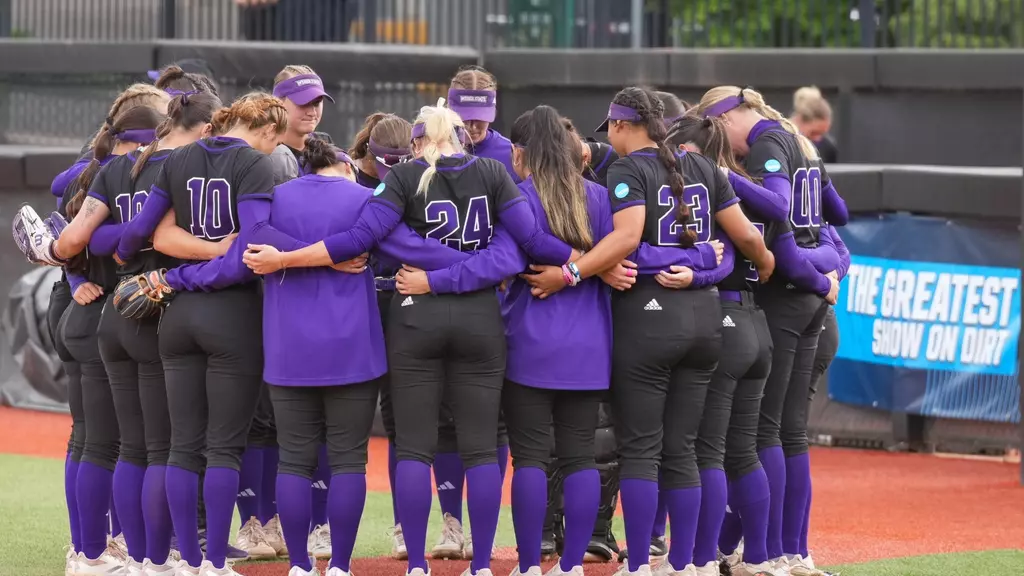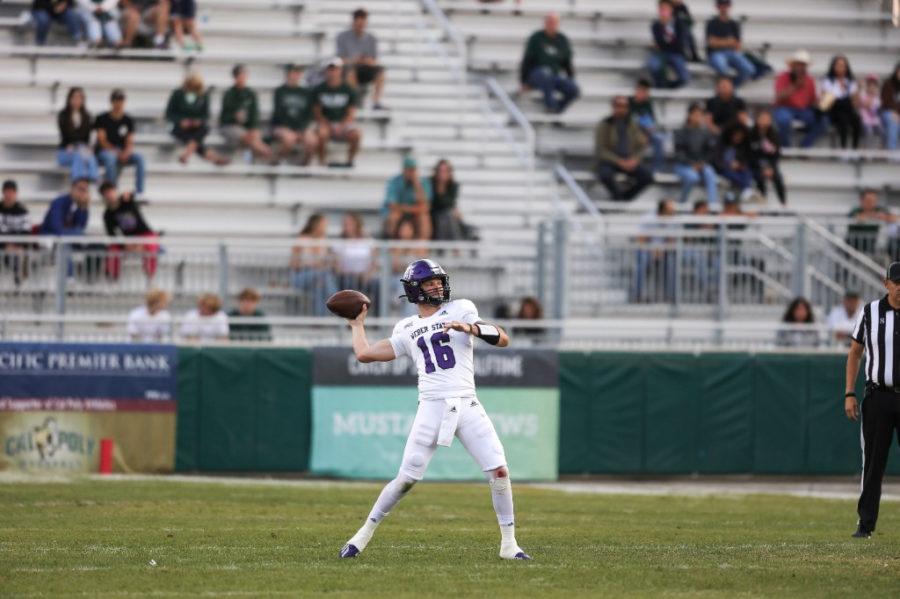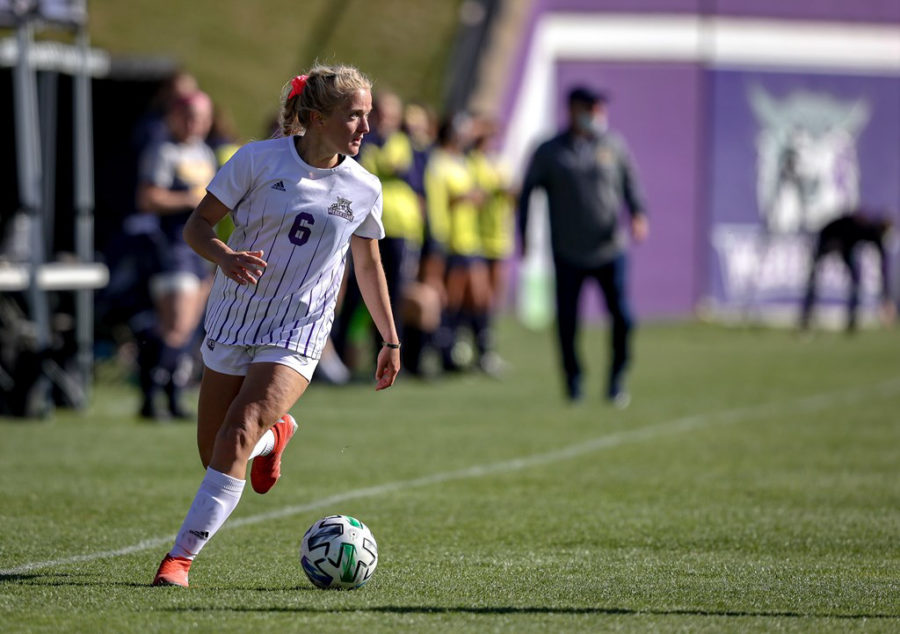Most days in class are routine and predictable, which is why the days when the course breaks away from traditional lecture become the most educational and memorable for students.

That was the case for Professor Molly Sween’s criminal justice students when she took them on a trip to the Weber County Correctional facility to hear from and speak with a panel of women who were incarcerated at the time.
“It was an amazing experience,” Ailey Irvine, a former student, said. “You always hear about learning ‘coming alive,’ but this time it did.”
In order to step outside the classroom with her students, Sween said she first had to find an agency.
“At times, it can be challenging to find an agency that is willing to work with you,” Sween said. “Only because I think we’ve saturated some local facilities.”
Once an agency is secured, Sween said that it is a challenge to overcome the facilities’ concern about letting in members of the public to observe.
Sween had to overcome her own challenge of “letting go of the reigns” for a class period and letting the experience happen naturally.
The results were a pleasant surprise for Sween, and she said the experiences have gone better than she thought they would.
A few years into her teaching career at Weber State University, Sween decided to begin planning trips for her students.
“I wanted to select assignments and tours that were meaningful and revolved around some of my course objectives,” Sween said.
Kara Lambert, a former student, said the trip was a cathartic experience.
“I had been to that facility on the other side of the bars in 2011, prior to my husband passing,” Lambert said.
Lambert said that visiting the jail helped her realized that she was not the same person she was in 2011.
“This was a confrontation of everything I have experienced and understand that experience did not define me as a person but helped me grown as a member of the community,” Lambert said.
The women drove the conversation, according to Sween, and shared much of their personal lives with the students.
“It was incredibly eye-opening to see how much of their lives coincided with content we were learning in the class,” Sween said.
Irvine said one of the offenders had not been arrested or convicted until she was almost 30. Irvine said she was surprised since most offenders typically begin at a young age.
“It just helped me remember why we learn these theories and the research behind them,” Irvine said. “It’s to help real people who need real help.”
Lambert said many of the women they heard from shared that they were victims of abuse at some point in their lives and turned to drugs to help cope with the psychological pain.
This aspect of the visit struck a personal note for Lambert, who said her late husband was abusive.
“Dr. Sween was very encouraging and understanding with not only my own process of healing but with the delicate nature of the survivors of violence with everyone in the class,” Lambert said.
“You hear of people talk of teachers that have changed their life, and I truly have experienced that with Dr. Sween,” Lambert said. “She has taught me to face my fears, to conquer my demons head on and that every person offers a value to this life.”
Sween said she plans to take trips like these with her future students but does not see the trips expanding beyond the
local area.
“It would be cool to go down to the Draper prison and speak to women there,” Sween said. “But I realize the logistics of that could be nearly impossible.”



















